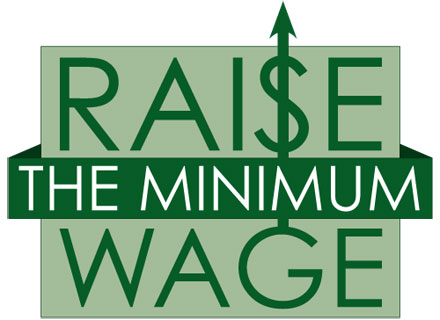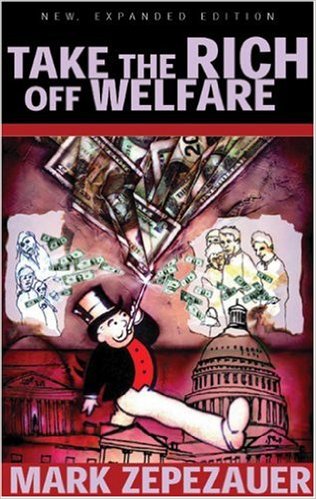Democrats Gear Up to Battle Wall Street in the New Congress
Democrats appear to have learned some lessons from their 2014 mid-term whipping. Numerous analysts said the lack of a coherent Democratic message to address the problem of stagnating wages and a stumbling economy hurt the party, especially among lower-income voters. On election day, the AFL-CIO polled voters and found that 54 percent lost household income during the past year. Sixty-three say the economy is fundamentally unfair. Eighty percent say that both political parties are too focused on helping Wall Street and not Main Street. Apparently some in Congress got the message. On Monday, President Obama’s nominee for a key spot in the Treasury Department, a Wall Street banker, quietly withdrew his candidacy. On the same day, U.S. Rep. Van Hollen embraced one of Wall Street’s most despised policy proposals, a financial transaction tax, in an effort to boost middle class wages. The howls from Wall Street were audible… Read more…












